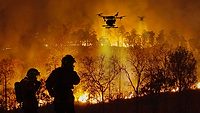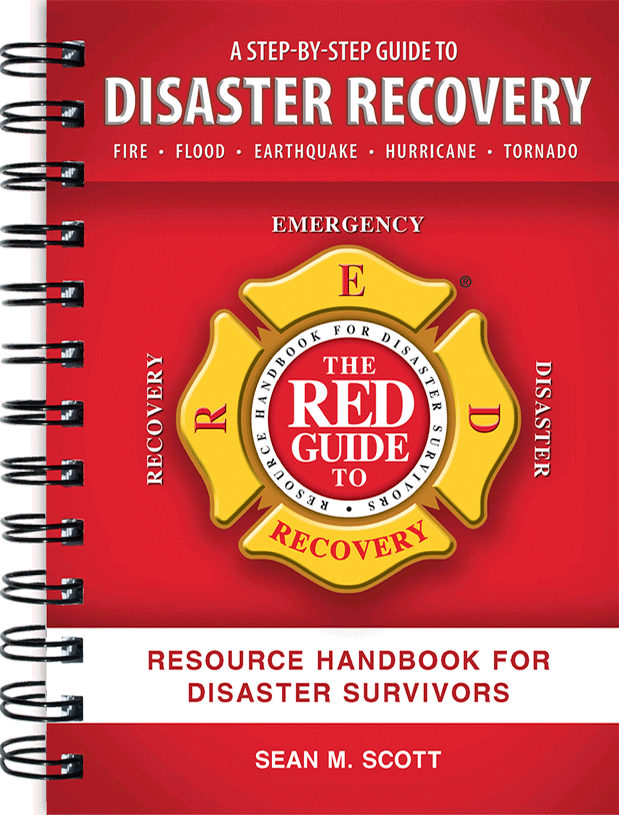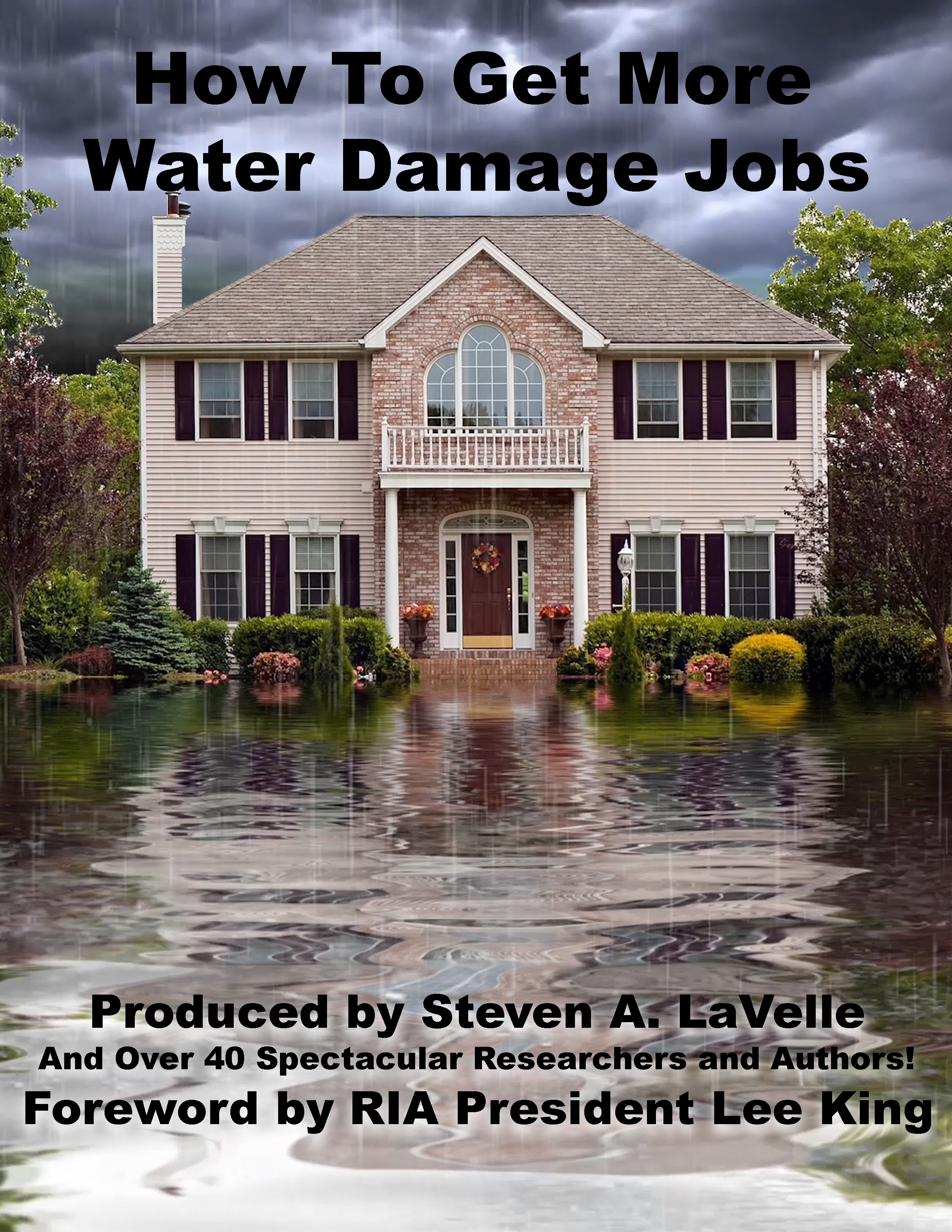Leveraging Recruiter Relationships for Effective Wildfire Recovery in Los Angeles

Photo: aelitta / DigitalVision Vectors via Getty Images
The wildfires tearing through Los Angeles left heartbreaking devastation in their path, with thousands of homes and businesses damaged or destroyed. For the restoration industry, the task ahead is monumental: helping these communities rebuild and recover. It’s a challenge no single company can tackle alone. Meeting this level of need requires not just hard work, but creativity, collaboration and a willingness to lean on nontraditional resources like recruiters. It’s not just about who you know—it’s about who they know, too.
Companies that have been in this industry for any length of time are used to handling multiple jobs simultaneously. But what happens when the scale of the disaster exceeds even your most prepared organizations? The following story illustrates how one of my contacts understood, from the outset, that the size and scope of the LA fires would make it impossible for him to manage all the work alone—and how he tapped into the power of networking to rise to the occasion.
“What do I do when I land more contracts than I can handle with my existing resources?” he asked. Then he followed up with a simple but brilliant question: “Who do you know that would be willing to deploy assets to LA?”
That question lit a fire in my brain. While this was not a request for my recruitment services, we’d built a strong connection over the years—a professional relationship grounded in mutual respect and trust led to my wanting to assist. His willingness to reach out and ask for help, and my eagerness to support him, set off a chain reaction.
Within hours, I’d connected him with companies across the country. Some could provide extra manpower; others could supply equipment. Together, we assembled a network of resources that enabled him to proceed to LA knowing he had what he needed to take on any project.
This experience drove home the power of networking. It didn’t take contracts or complicated agreements—just relationships, built over time and a willingness to step up when it mattered most. That call proved that a strong network isn’t just helpful in times of crisis; it’s indispensable.
Networking isn’t just about solving immediate challenges. It’s about building resilience and preparing for the future. Restoration professionals often underestimate the value of recruiters as a networking resources. Recruiters have vast connections that span industries and regions, making them invaluable when it comes to finding skilled labor or specialized support. More importantly, they talk to everyone in the industry. A good recruiter often has a pulse on the market and can connect you with the right people at the right time.
These connections don’t form overnight. They’re the result of consistent effort, open communication and mutual support over time. Building and maintaining a strong network requires a proactive approach: attend industry events, engage with peers and always be willing to offer help when possible.
The wildfires in Los Angeles are a sobering reminder of the responsibility our industry must shoulder. The properties we rebuild and restore are more than just buildings and line items on the P&L; they are communities, livelihoods and homes. Let’s embrace the idea that working together is the best way to overcome the challenges that arise in disasters like these.
Looking for a reprint of this article?
From high-res PDFs to custom plaques, order your copy today!









